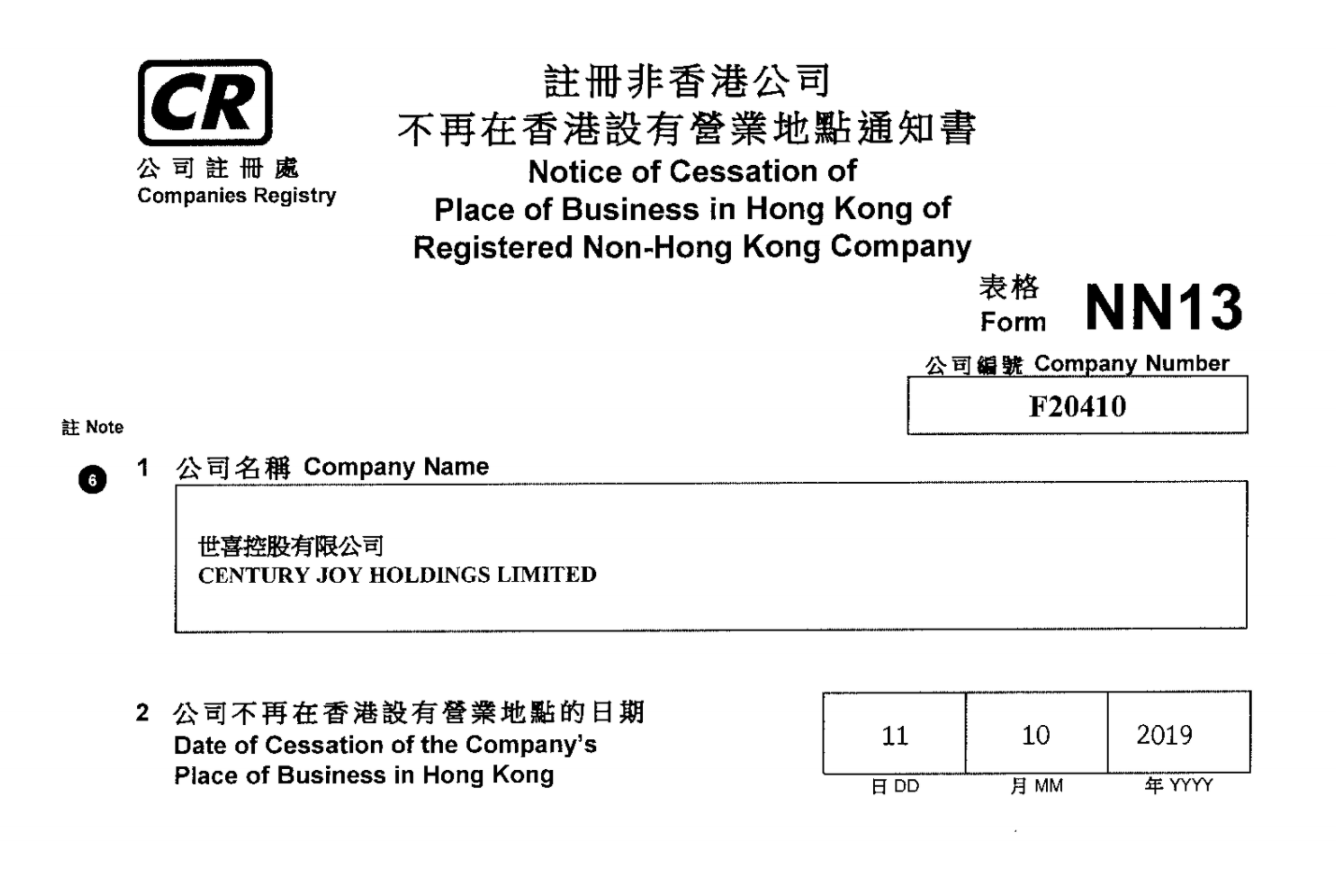The Legal Consequences of Running a Cryptocurrency Scam

Cryptocurrency scams are becoming increasingly common in today’s digital world. These scams involve fraudulent schemes that deceive individuals into investing their money in fake cryptocurrency projects or wallets. The impact of cryptocurrency scams can be devastating, resulting in significant financial losses for the victims. It’s essential to understand the legal consequences of running a cryptocurrency scam. As these scams involve illegal activities, the consequences can be severe, including hefty fines and imprisonment. This article aims to provide an overview of the legal implications of running a cryptocurrency scam. We will discuss the most common cryptocurrency scams, the legal consequences of engaging in such scams, and ways to avoid falling prey to these fraudulent schemes.
Types of Cryptocurrency Scams
Cryptocurrency scams come in various shapes and sizes, but some types are more prevalent than others. One common cryptocurrency scam is a phishing scam, where cybercriminals trick investors into disclosing their personal information or credentials. Another type of scam is the Ponzi scheme, where fraudsters attract investors with promises of high returns and pay early investors using the money of later investors. Recent cases involving cryptocurrency scams include the Bitconnect Ponzi scheme, which defrauded investors out of billions of dollars, and the OneCoin scam, which duped investors out of nearly $4 billion. The legal implications for each type of scam vary, but individuals who engage in these fraudulent schemes may face severe penalties, including fines and imprisonment.
Legal Consequences of Running a Cryptocurrency Scam
Cryptocurrency scams have become increasingly common in recent years, and those who perpetrate them can face severe legal consequences. The legal ramifications for running a cryptocurrency scam can vary depending on the specific type of scam, but in general, perpetrators may be charged with fraud, theft, money laundering, or other criminal offenses.
There are various laws and regulations that may apply to cryptocurrency scams, including securities laws, anti-fraud statutes, and money laundering regulations. These laws are designed to protect investors and consumers from fraudulent activities and to prevent financial crimes.
Real-world examples of legal action taken against cryptocurrency scammers include the case of OneCoin, which was found to be a fraudulent pyramid scheme and its leaders were indicted on multiple charges including money laundering and wire fraud. Similarly, the operators of the BitClub Network were charged with defrauding investors of millions of dollars through a Ponzi scheme.
Jurisdictional Issues and Challenges
Jurisdictional issues can pose significant challenges in identifying and prosecuting cryptocurrency scammers. The borderless nature of cryptocurrencies makes it difficult to determine which laws and regulations apply, and scammers can operate from anywhere in the world. Identifying and tracking down scammers can also be challenging due to the anonymity provided by cryptocurrencies. Strategies for overcoming these challenges include increased international cooperation, the use of blockchain analysis tools, and the implementation of clear and comprehensive regulatory frameworks. Despite these challenges, it is crucial to hold scammers accountable for common cryptocurrency scams and protect investors from financial harm.
Protecting Yourself from Cryptocurrency Scams
Protecting yourself from cryptocurrency scams is essential in the volatile world of digital currencies. Best practices for investing in cryptocurrency include conducting thorough research, diversifying your portfolio, and using reputable exchanges and wallets. It’s also crucial to identify and avoid potential scams by recognizing red flags such as promises of guaranteed returns or unsolicited investment offers. In the unfortunate event that you fall victim to a cryptocurrency scam, platforms like Asset Repo can help you recover your money judgment. Being proactive and informed can go a long way in safeguarding yourself against common cryptocurrency scams.
The Future of Cryptocurrency Regulation
Cryptocurrency regulation is still in its infancy, with many countries grappling with how to approach this emerging technology. Current regulations are a patchwork of different approaches, with some countries embracing cryptocurrencies and others taking a more cautious approach. In the future, we can expect to see increased regulation, particularly in areas such as investor protection and anti-money laundering. This may make it more difficult for scammers to operate, but it’s also possible that they may adapt and find new ways to evade detection. Ultimately, the effectiveness of future regulation in combating common cryptocurrency scams will depend on a variety of factors, including international cooperation and the ability of regulators to stay ahead of technological developments.





